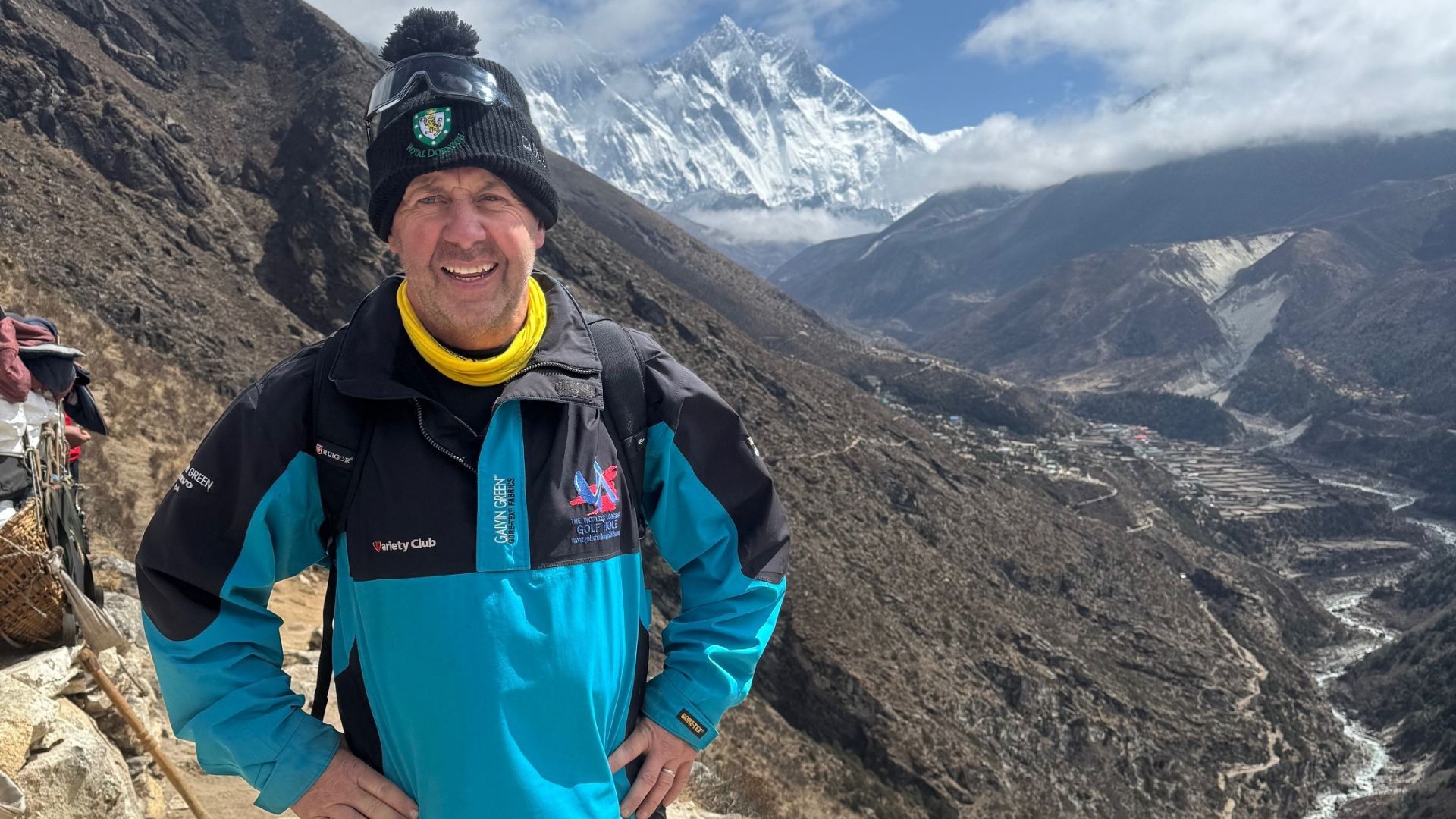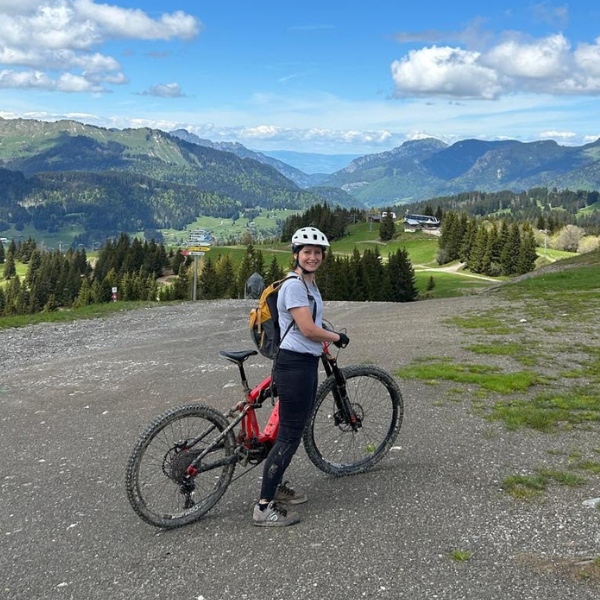"The most amazing thing I've ever done" – CPR campaigner who installed defibrillator on Everest is overjoyed to hear it saved a French climber's life
David Sullivan "shed tears of joy" as he heard the medical advice he had installed at over 16,400ft had been put to great use

A man from Surrey in England who installed a defibrillator on Everest at an altitude of 16,400ft (5,000m) has "shed tears of joy" after hearing it was used to save the life of a French female climber.
David Sullivan received the news via a phone call from a sherpa that the defibrillator had been used successfully. He told the BBC it made the climb to install it the "most amazing thing I've ever done".
A man from the Netherlands apparently saw the defibrillator during the medical emergency and used it, with the help of an Austrian climber, on the French climber.
It was only last month, on April 12, that David, founder of Code Blue CPR, embarked on the groundbreaking expedition to carry the defibrillator to Mount Everest. During his trip he trained more than 260 Nepalese locals, sherpas and foreign climbers in CPR and how to use the defibrillator. He also made a bid for the Guinness World Record highest altitude CPR training. The record is currently going through the verification process.
A post shared by CODE BLUE CPR (@codebluecpr.co)
A photo posted by on
Incredibly, David became an accidental CPR specialist when he had a life-changing experience helping save a young man’s life on a golf course. He performed CPR for nine minutes and used a defibrillator. Thirty people watched him perform CPR that day and, after relaying the story to a friend, he was invited to defibrillator manufacturer Philips' headquarters in Vienna, Austria, to train as a resuscitation expert.
Since then he has been working to spread lifesaving knowledge in the UK and beyond, spurred on also by the fact he tragically lost four close friends, all under the age of 46, to cardiac arrest.
Posted by CodeBlueCPRUK on
David said he wanted "to put defibrillators where they are most needed instead of having to have a power supply" and, with the help of son Freddie, developed a groundbreaking cabinet that could withstand cold temperatures. The cabinet uses advanced materials, sometimes found on space missions, to keep defibrillators at an optimal temperature, even in extreme conditions, without power.
All the latest inspiration, tips and guides to help you plan your next Advnture!
"This innovation allows us to place defibrillators in remote locations, such as mountains and forests, ensuring they are ready for emergencies," he said.
David continues with his campaigning today, through his company Creating Lifesavers, to empower others with the skills to save a life in an emergency situation.
- The best approach shoes: for alpine adventures, via ferrata, scrambling, and more
- The best sunglasses: for hiking throughout the year

Charlie is a freelance writer and editor with a passion for hiking, biking, wild swimming and active travel. She recently moved from Bristol to South Wales and now refuses to leave her front door without one of the following: lightweight hikers, wetsuit, mountain bike, tent. Having bought a fixer-upper home that backs on to protected woodland, her love of nature and wildlife has intensified and the dark skies have kickstarted a new fondness for stargazing.
